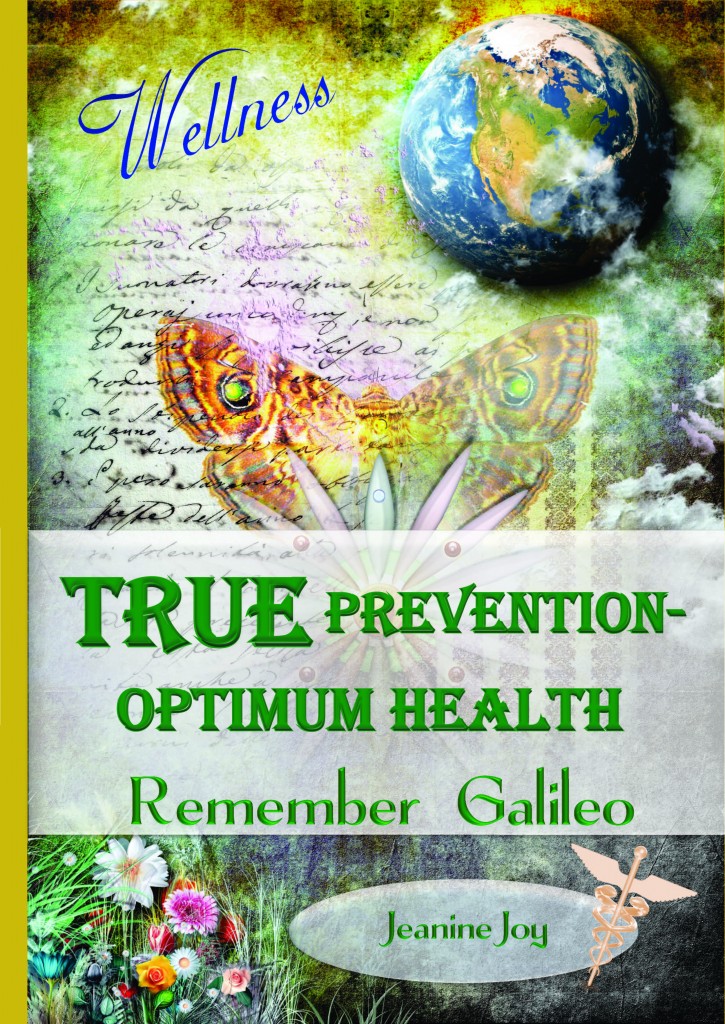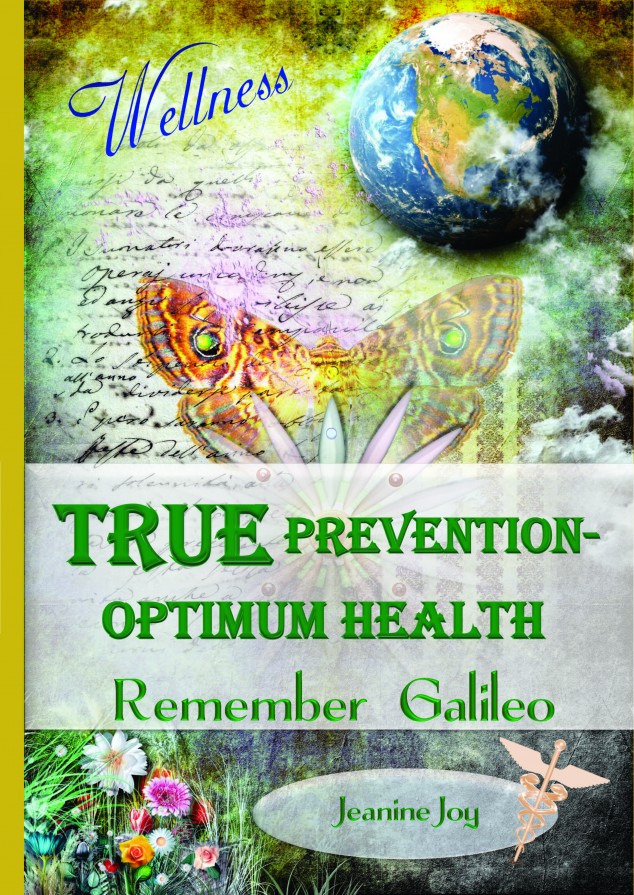The Future of Health Care: True Prevention
When you read about “prevention” and “wellness” today you are going to see conversations about early detection of disease and symptom management. They use the words, “prevention” and “wellness” but that is not what they are really writing about.
True Prevention is when the person does not get sick in the first place.
True Prevention is when you prevent the symptoms, even the early symptoms from showing up in the first place.
Early detection is important because it gives the medical health professionals a better shot at helping you avoid further deterioration and death, but it is not true prevention.
Good symptom management is important to slow down the progression of diseases and help you maintain the best possible quality of life, but it is not true prevention.
True prevention eliminates the need for symptom management because there are no symptoms, no disease, to manage.
True prevention results in true wellness.
True prevention begins at the root cause of illness and stops it by managing the earliest indicators that illness will be on its way if action is not taken.
A Harvard meta-analysis has already shown it is possible to reduce the risk of developing heart disease by 50%.
Are you going to stay with early detection and symptom management or will you embrace the future of healthcare and develop the skills that lead to true prevention and optimum health?
Take a new look at the literature from your employer’s wellness provider. Are they just encouraging you to do blood work and tests (like mammograms and prostrate exams) for early detection or are they teaching you the skills that enable you to manage your health and well-being in a way that keeps you well–without symptoms to manage?
Do their weight loss efforts focus on movement and calories, ignoring the research that demonstrates that stress adversely effects your:
- Choice of food
- Decisions about exercise
- Decisions about what to eat
and
- What your body does with the food you eat
If the wellness program has stress management at all (many do not) is it just dose dependent recommendations like exercise, helping others, journaling (without clear instructions on do’s and don’ts), and encouragement of social connections (without help in creating and maintaining healthy connections), time management, and gratitude (which research has shown is inferior to appreciation).
Dose dependent stress management leaves you susceptible to the whims of your circumstances as far as your stress level is concerned. You don’t have control. You can use a dose dependent method of reducing stress and it reduces it some, for a while, but it does not change the root cause of the stress.
There is a better way–a way that leads to true prevention.
The health transition is already further along than mentioned in your post about the health aspects. Although what you mentioned, “A new proactive service will emerge, one that monitors and analyzes key sets of “health signals” around the clock, reacting to changes before they become severe illnesses.” will occur there is something even more beneficial than early detection. Prevention. Complete avoidance of the illness in the first place. In True Prevention-Optimum Health: Remember Galileo a template True Prevention, not early detection and symptom management, is provided.
Humans have an innate early detection system that monitors health signals around the clock and reacts instantaneously to changes. Research published in March demonstrates clearly that our emotions provide this system. The problem is that we are taught to misinterpret the meaning of our emotions–that is why they seem so complicated. When we understand how to accurately interpret their meaning we know, moment by moment whether our thoughts, words, and actions are supportive of our well-being or not.
We can prevent at least 50% of the diseases that are currently occurring using this system based on current research. I believe the numbers will be much higher.
If you want to rev your wellness program to the next level, contact us for information on classes or read True Prevention–Optimum Health: Remember Galileo for a template that helps you incorporate this early detection system into your life.
The prevention research is clear. The absence of negative emotions is not the same as the presence of positive emotions and does not provide the preventative effects as the presence of positive emotions.
Dose dependent stress reduction is not good enough.
Don’t settle for less than the best possible outcome.
This one thing will improve the quality of your life–in every area–more than any other action you could take.

